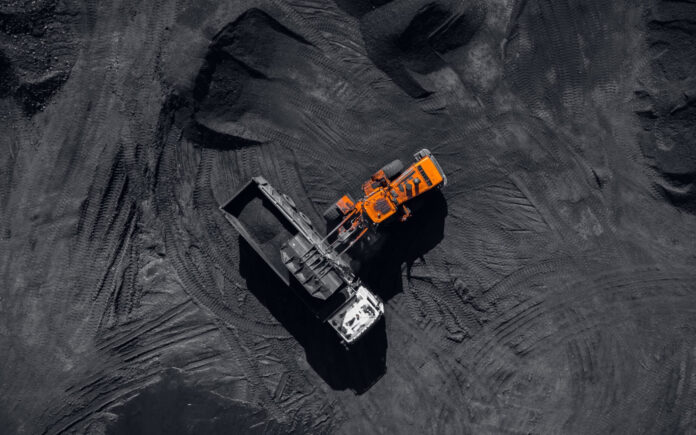ISLAMABAD: Amidst an economic crisis, and the country scrambling for cheap energy, restrictions on imports and non release of machinery are severely impacting coal mining activities.
Moving to cheaper fuel sources such as Thar Coal can help the country contain power costs and meet the energy demand of consumers and industries in a stable manner. However, Pakistan’s coal mining industry is facing significant challenges due to stringent import restrictions and banks refusing to open letters of credit (LCs).
According to industry sources, there is an urgent need to support the release of these critical equipment and parts so that mine operations continue as planned, and production goals are met.
The Thar Coal project is generating a total of 2,640MW of cheap electricity from Block-I and Block-II, and its contribution is almost 30% to the country’s national grid. Given the unprecedented high prices of imported fuel, the Thar Coal project expansion could also provide a huge relief for FOREX reserves of Pakistan with savings of approximately USD 2.5 billion ($700 million at normalised prices). It can also result in the reduction of more than Rs 100 billion in circular debt on an annual basis.
“Hence, the Thar Coal project is playing a pivotal role in resolving the crippling foreign exchange challenge being faced by Pakistan,” said Syed Saifullah Kazmi, Head of Investment Banking at Intermarket Securities Limited.
But, he added that the government should ensure the required equipment does not get stuck at the port because of the non-opening of LCs as happened with some spare parts earlier this month. “It is important that the Thar Coal mine and power plants be fostered in all facets to ensure the short- and long-term energy security of the country,” he continued.
With the country already facing economic obstacles and challenges, any delay in the growth of a certain solution should be resolved quickly, so Pakistan can at least meet the necessary demands of the public. Projects such as the Thar Coal are and will continue to play a pivotal role in the energy security of Pakistan, he concluded.
It may be mentioned here that electricity consumers are set to face another shock as power tariff is likely to be increased following the free fall of Pakistani rupee against the US dollar in the past one week.
Pakistan is gripped by a major economic crisis, with the rupee plummeting, inflation soaring, and petrol prices reaching record highs coupled with a huge shortage of energy supply for the public.
The country is battling severe energy shortages with capacity challenged by poor infrastructure and mismanagement compounding the misery of the consumers and industries alike. Last week, the whole country was plunged into a day-long blackout because of a fault in the national grid that followed a cost-cutting measure.
In addition, the world’s fifth-biggest population has less than $3.7 billion in the state bank, enough to cover just three weeks of imports.
“Pakistan’s energy production consists of oil, natural gas, and coal. The country heavily relies on imported sources of fuels as nearly 40% of its total primary energy supply is imported,” reads the Central Asia Regional Economic Cooperation Program (Carec) in Energy Outlook 2030.
























